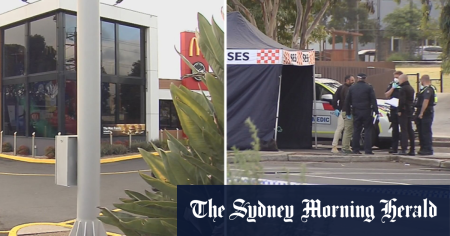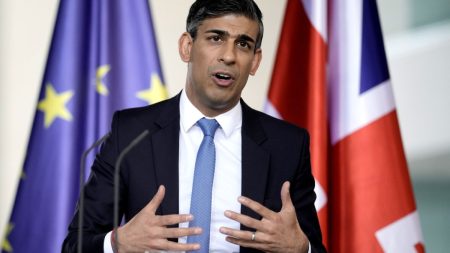The UK government’s plan to send asylum-seekers to Rwanda hit a snag when the House of Lords inserted amendments into the Safety of Rwanda Bill, sending it back to the House of Commons. This delay highlights the opposition in the upper house, where the Conservative Party does not have a majority. Despite this setback, the bill is expected to become law, which will allow deportation flights to take off, as part of Prime Minister Rishi Sunak’s promise to “stop the boats” bringing migrants across the English Channel. The legislation is necessary to combat the control of people smugglers and protect the country’s borders, according to Home Office Minister Michael Tomlinson.
The plan to send migrants to Rwanda has been in the works for two years, following a deal between the UK and Rwanda. However, the plan has faced legal challenges, with no migrants being sent to Rwanda yet. Critics argue that it is unethical and unworkable to send migrants to a country thousands of miles away, where they do not want to live. The Safety of Rwanda Bill aims to overcome a ban on sending migrants to Rwanda imposed by the UK Supreme Court, which deemed the country unsafe for asylum-seekers. The UK government argues that a treaty with Rwanda and the new law deem the country safe, making it harder for migrants to challenge deportations.
Despite the opposition from human rights groups, refugee charities, and legal experts, the UK government has been adamant in pushing forward with the legislation. The House of Commons, where the Conservatives have a majority, approved the bill in January, but faced resistance in the House of Lords, where several amendments were introduced to weaken the legislation. The government has rejected all amendments, leading to a standoff between the two chambers. The main opposition parties in the UK oppose the legislation, with the Scottish National Party urging the Labour Party to repeal the law if they win an election later this year.
The Rwanda plan is part of the UK government’s efforts to deter dangerous migration journeys across the English Channel and disrupt people-smuggling gangs. However, critics argue that the plan does not address the root causes of migration and undermines the UK’s human rights obligations. Despite the government’s insistence that the plan is necessary to protect borders and save lives, opponents remain unconvinced. The delay in passing the legislation due to the House of Lords’ amendments is a setback for the government, but it is still expected to become law in the near future. The future of the Rwanda plan and its implications for asylum-seekers remain uncertain as legal challenges and opposition continue to mount.















